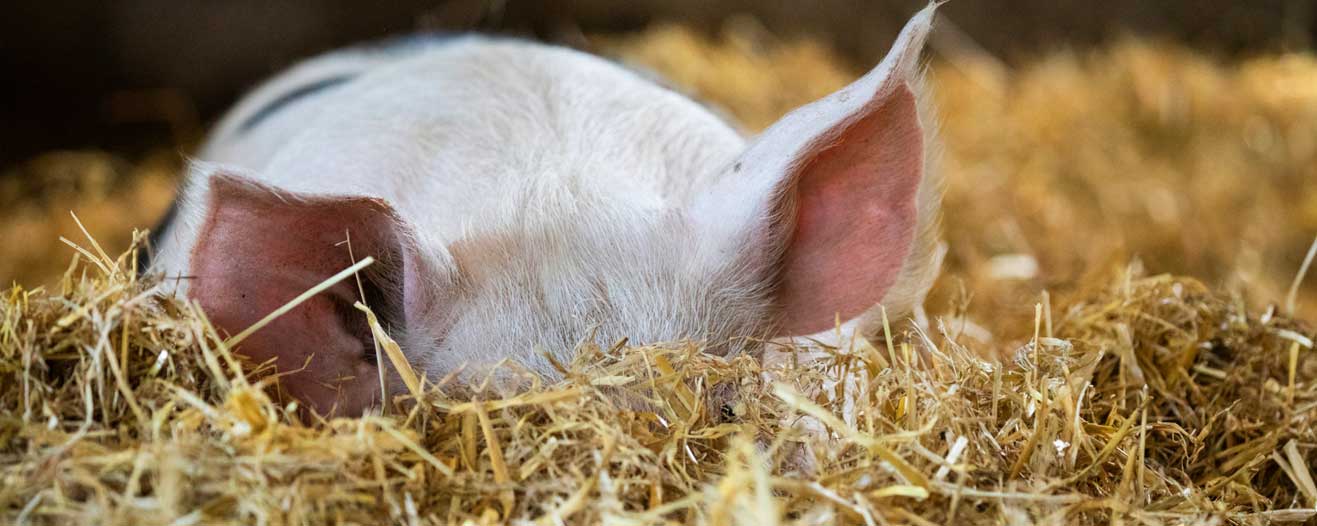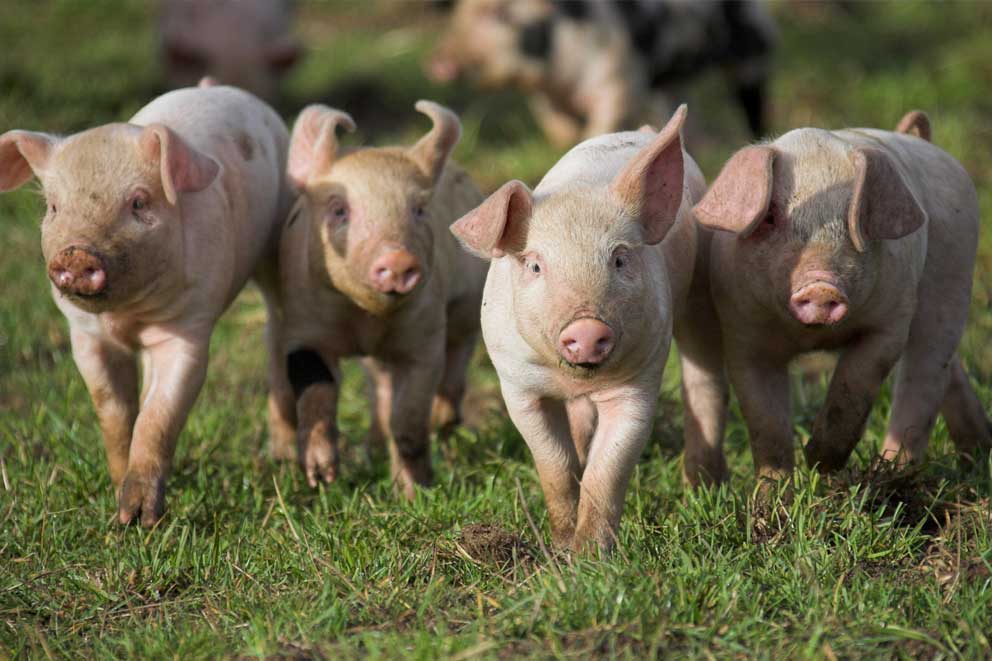- Find a Pet
- Advice and Welfare
- Ways to Give
- Get Involved
- What We Do
- Search
- My RSPCA
- Report a concern
- Gift in Wills
-
Colour modeVivid Calm
- Home
- Advice and welfare
- Seasonal advice
- Summer
- Farm animal in summer
Caring for farm animals in hot weather
Hot weather can cause very serious welfare problems for farm animals. If you're concerned about the health and welfare of your animals, contact your vet. Here's more on how to keep your animals safe and comfortable during spells of hot weather.

Keeping farm animals cool in hot weather
In hot weather, always give your animals plenty of shade and clean water at all times.
You can also:
- Give them plenty of air - keep their housing well ventilated.
- Reduce the number of animals in each building so that enough air can circulate. For example, poultry kept for meat production, such as broiler chickens, turkeys and ducks, are very susceptible to heat stress.
- Bring in additional fans to help to reduce the effects of heat stress.
- Keep a close eye on your animals and act quickly if it's obvious that you need to take more drastic action.
Animals at agricultural shows are often kept in large marquees with limited ventilation. Try to force ventilation inside the marquee or take your animals outside.
Cattle
If you need to bring dairy cattle inside during very hot weather:
- Give them unlimited amounts of clean drinking water at all times.
- Milk the cows a little later in the afternoon when it's slightly cooler.
- If this isn't possible, cool the animals down with water while they're waiting to be milked.
- Feed them at either end of the day when the weather isn't so hot.
Pigs
Pigs are very susceptible to heat stress as they can't cool down easily on their own. They sweat only through the tip of their snout and will pant to try to cool down.
For outdoor pigs:
- Try to ensure they have some sort of artificial or natural wallows available so they can lose heat through evaporation.
- Insulated arcs can help stop outdoor pigs from getting too hot.
- Misting in the dunging area can help indoor pigs cool down.
- In extreme cases of heat stress (i.e. they collapse), you may need to hose them down to get them cool as quickly as possible. If in doubt, seek immediate advice from your vet.
Sheep
Monitor newly shorn sheep very closely because, more likely to suffer heat stress than fully fleeced sheep, as the fleece acts as insulation against the heat.
Moving fully fleeced sheep around in hot weather can increase the risk of heat stress. Transport and handling put extra stress on animals, which makes it more difficult for them to cope with the heat, so:
- Avoid transporting animals in hot weather unless it's absolutely necessary.
- Where possible, move them during the coolest part of the day - at night is usually the best time.
Ragwort poisoning
Ragwort (also known as 'yellow peril') is one of the most common causes of plant poisoning in livestock. Horses and cows are particularly susceptible, and young and/or unhealthy animals are more prone to it than mature and healthy animals. Ragwort is most dangerous in dried grass, hay and silage.
Find out more about caring for farm animals.



